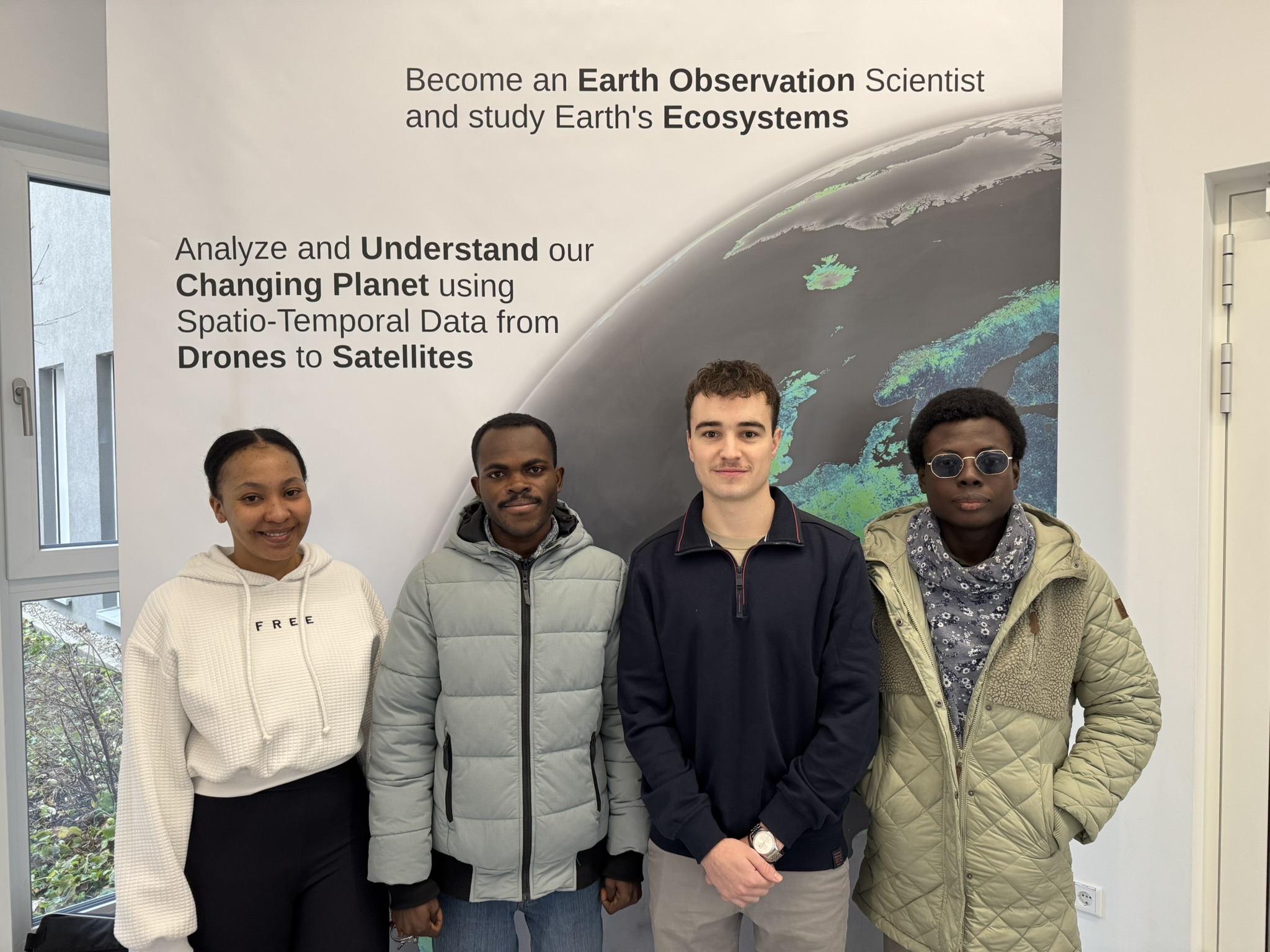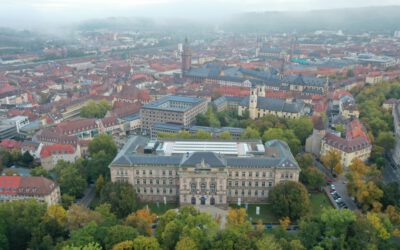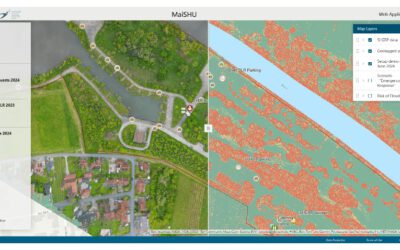This winter semester, we had the pleasure of welcoming two students from each of our esteemed African partner universities—North-West University in South Africa and Koforidua Technical University in Ghana—through the ERASMUS+ KA171 program. Their arrival further intensified the enriching exchange fostering academic collaboration, cultural understanding, and personal growth for both the visiting students and our university community.
Throughout the semester, the students actively participated in lectures, engaged in research projects, and contributed valuable insights to classroom discussions. Beyond academics, they immersed themselves in campus life, forming friendships, exploring the local culture, and sharing their own traditions with fellow students and lecturers. Their presence added a dynamic, international perspective to our learning environment, strengthening the bonds between our institutions.
Unfortunately, time has flown by, and as the semester comes to a close, preparations for their return journey are underway. While we will certainly miss their contributions, the connections made and experiences shared will have a lasting impact. The good news is that our international exchange efforts continue! We are already in the process of planning and coordinating the arrival of new students for the next winter semester. We look forward to welcoming another group of talented individuals and continuing this valuable intercultural and academic exchange.









